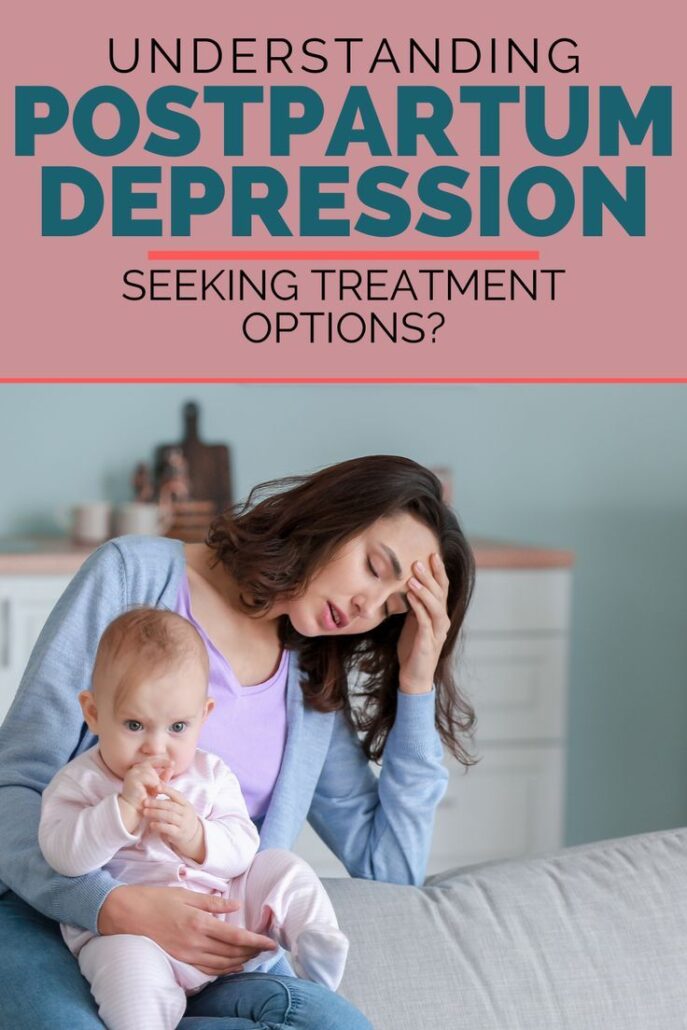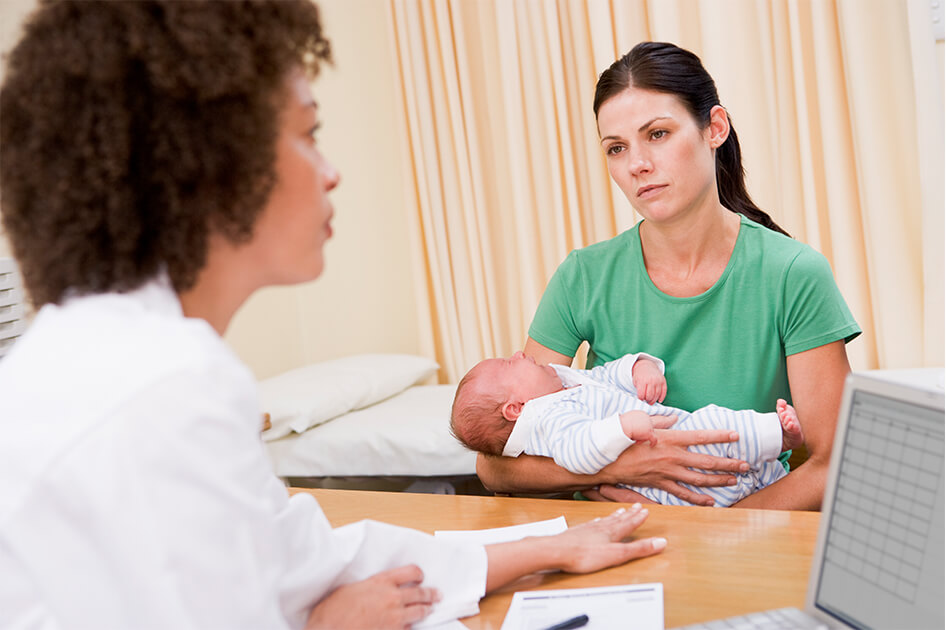The Only Guide for Beautiful Journey Reproductive Counseling Center
Wiki Article
The Main Principles Of Beautiful Journey Reproductive Counseling Center
Table of ContentsThe 7-Second Trick For Beautiful Journey Reproductive Counseling CenterEverything about Beautiful Journey Reproductive Counseling Center8 Simple Techniques For Beautiful Journey Reproductive Counseling CenterBeautiful Journey Reproductive Counseling Center Things To Know Before You Get ThisSome Ideas on Beautiful Journey Reproductive Counseling Center You Need To KnowOur Beautiful Journey Reproductive Counseling Center Ideas

Functioning with psychological health and wellness experts is a great method to discover about postpartum depression and how to recoup. Therapy is a personal and vital means to deal with postpartum clinical depression.

Beautiful Journey Reproductive Counseling Center - The Facts
There have actually not been definitive research studies released that looked specifically at folate or various other B vitamins in the treatment of postpartum depression. Take into consideration recommending to ladies who are postpartum to continue their prenatal vitamin or take a B-100 facility with regarding 1 mg (or 1,000 mcg) of folic acid, or folate.Improvement of vitamin D shortage may play a significant role in the recovery from postpartum clinical depression. Mommies fighting with clinical depression needs to have their 25-OH vitamin D degree evaluated. Several women discover that they need a minimum of 2,000-3,000 IUs of cholecalciferol, which is vitamin D3 (a kind that is really easily taken in) throughout the winter season.
In the summertime, much less dental vitamin D might be required, depending upon the latitude where the mom lives. reproductive therapist.
How Beautiful Journey Reproductive Counseling Center can Save You Time, Stress, and Money.

Anticoagulation might be utilized, and it should be kept in mind that there exists no universal standard or suggestion for anticoagulation treatment in septic pelvic thrombosis. Preliminary bolus of 60 units/kg (4000 units optimum) complied with by 12 units/kg/h (maximum of 1000 units/h) is suggested. The aPTT is kept an eye on for 2-3 times the regular value.
Postpartum anxiety (PPD) is an intricate mix of physical, emotional, and behavior changes that happen in some ladies after delivering. According to the DSM-5, a manual utilized to identify mental illness, PPD is a type of significant depression that begins within 4 weeks after shipment. The medical diagnosis of postpartum anxiety is based not just on the size of time in between delivery and beginning yet on the intensity of the anxiety.
The term describes an array of physical and emotional adjustments that many brand-new moms experience. PPD can be treated with medicine and counseling. The chemical changes include a fast drop in hormones after distribution. The actual web link between this decrease and anxiety is still not clear. What is recognized is that the degrees of estrogen and progesterone, the female reproductive hormonal agents, increase tenfold throughout pregnancy.
Facts About Beautiful Journey Reproductive Counseling Center Uncovered
PPD can happen after the birth of any kind of child, not just the initial youngster. You can have sensations comparable to the infant blues-- unhappiness, despair, anxiousness, crankiness-- however you feel them a lot a lot more highly.When your ability to feature is influenced, you need to see a healthcare company, such as your OB/GYN or primary treatment doctor. This physician can evaluate you for depression symptoms and think of a treatment strategy. If you do not get treatment for PPD, symptoms can worsen. While PPD is a serious problem, it can be treated with drug and therapy.
This health problem can take place rapidly, frequently within the first 3 months navigate to these guys after childbirth. Women can lose touch with truth, having acoustic hallucinations (hearing points that aren't really occurring, like an individual speaking) and misconceptions (strongly believing things that are plainly unreasonable). Aesthetic hallucinations (seeing things that aren't there) are less typical.
Ladies that have postpartum psychosis requirement treatment right away and almost always require medication. Therapy alternatives include anti-anxiety or antidepressant medications, psychiatric therapy, and involvement in a support team for emotional support and education and learning.
Some Of Beautiful Journey Reproductive Counseling Center
Children of mommies with postpartum anxiety are more probable to have issues with resting and eating, weeping even more than usual, and delays in language growth. If you have a history of clinical depression, inform your physician as quickly as you figure out you're expectant, or if you're preparing to conceive.Commonly, signing up with a support group of brand-new mommies or talking with various other mothers aids. can happen a couple of days or also months after childbirth. PPD can take place after the birth of any type of child, not simply the first kid. You can have feelings comparable to the infant blues-- sadness, misery, anxiety, crankiness-- however you feel them a lot more strongly.
When your ability to function is impacted, you need to see a health and wellness treatment company, such as your OB/GYN or primary treatment doctor. This physician can evaluate you for clinical depression signs and create a therapy strategy. If you don't get therapy for PPD, signs and symptoms can worsen. While PPD is a major problem, it can be treated with drug and counseling.
This disease can happen promptly, frequently within the initial 3 months after giving birth. Ladies can lose touch with reality, having auditory hallucinations (hearing things that aren't actually happening, like a person talking) and deceptions (strongly thinking points that are plainly unreasonable). Visual hallucinations (seeing points that aren't there) are much less typical.
Beautiful Journey Reproductive Counseling Center Can Be Fun For Anyone
Women that have postpartum psychosis need treatment today and often need drug. Often women are put right into the hospital since they are at danger for hurting themselves or another person. Postpartum anxiety is treated in different ways, relying on the type of signs and symptoms and how serious they are. Therapy options include anti-anxiety or antidepressant drugs, psychiatric therapy, and engagement in a support team for psychological support and education and learning.Children of mothers with postpartum clinical depression are more probable to have issues with resting and consuming, weeping greater than common, and delays in language development (therapist for infertility). If you have a history of anxiety - https://www.goodreads.com/user/show/177087461-john-coates, tell your physician as quickly as you find out you're expecting, or if you're intending to become expectant
Report this wiki page